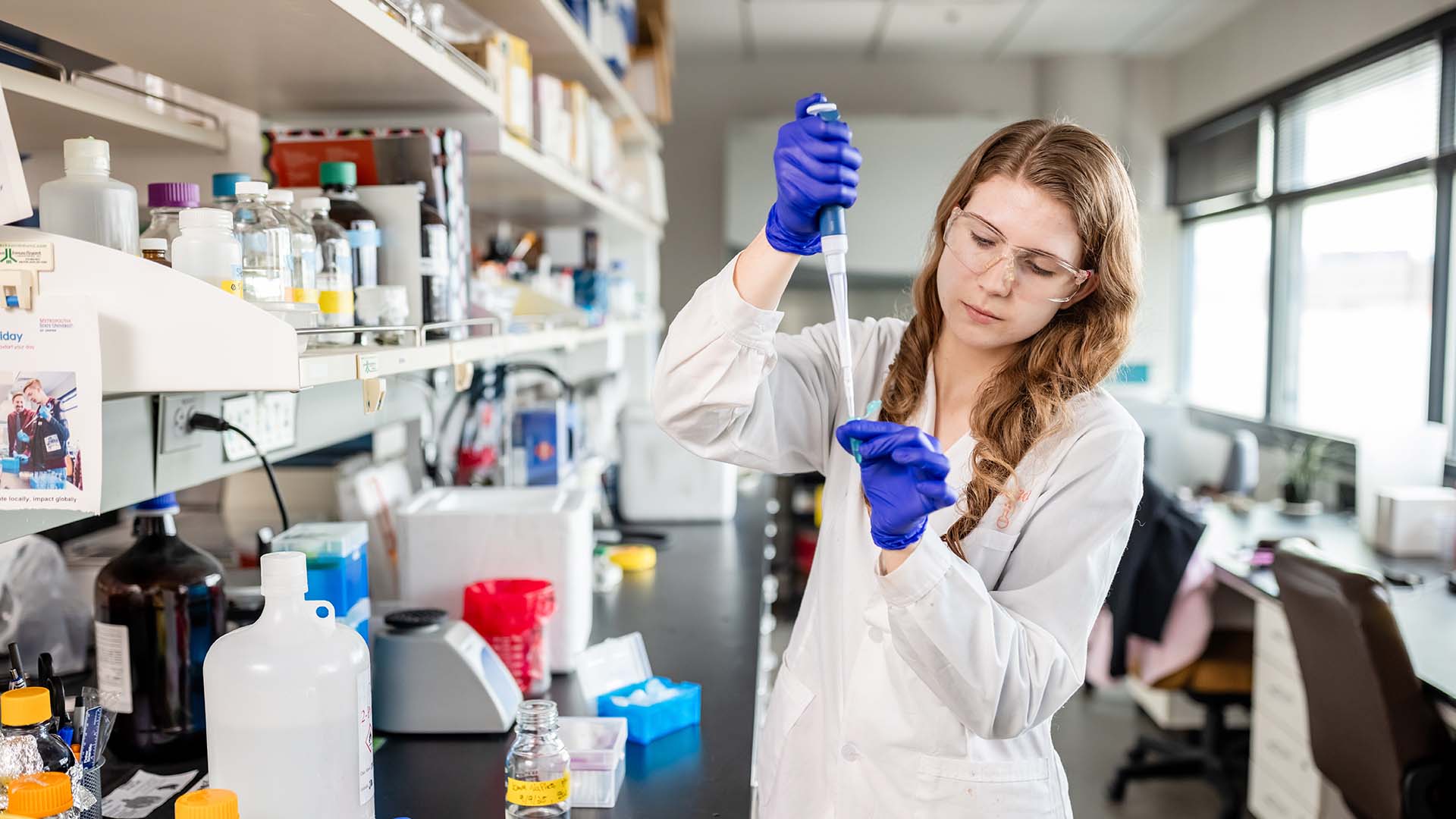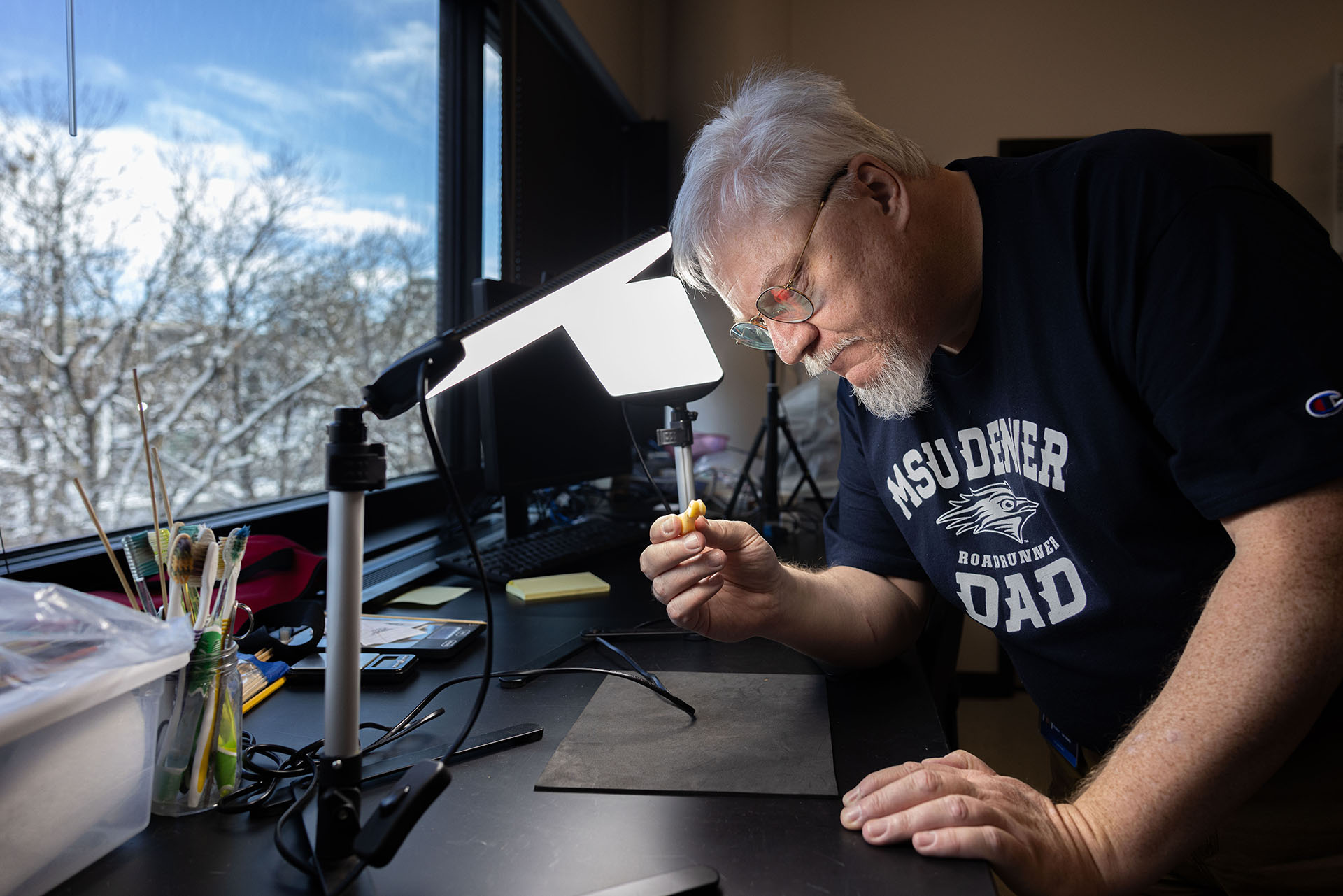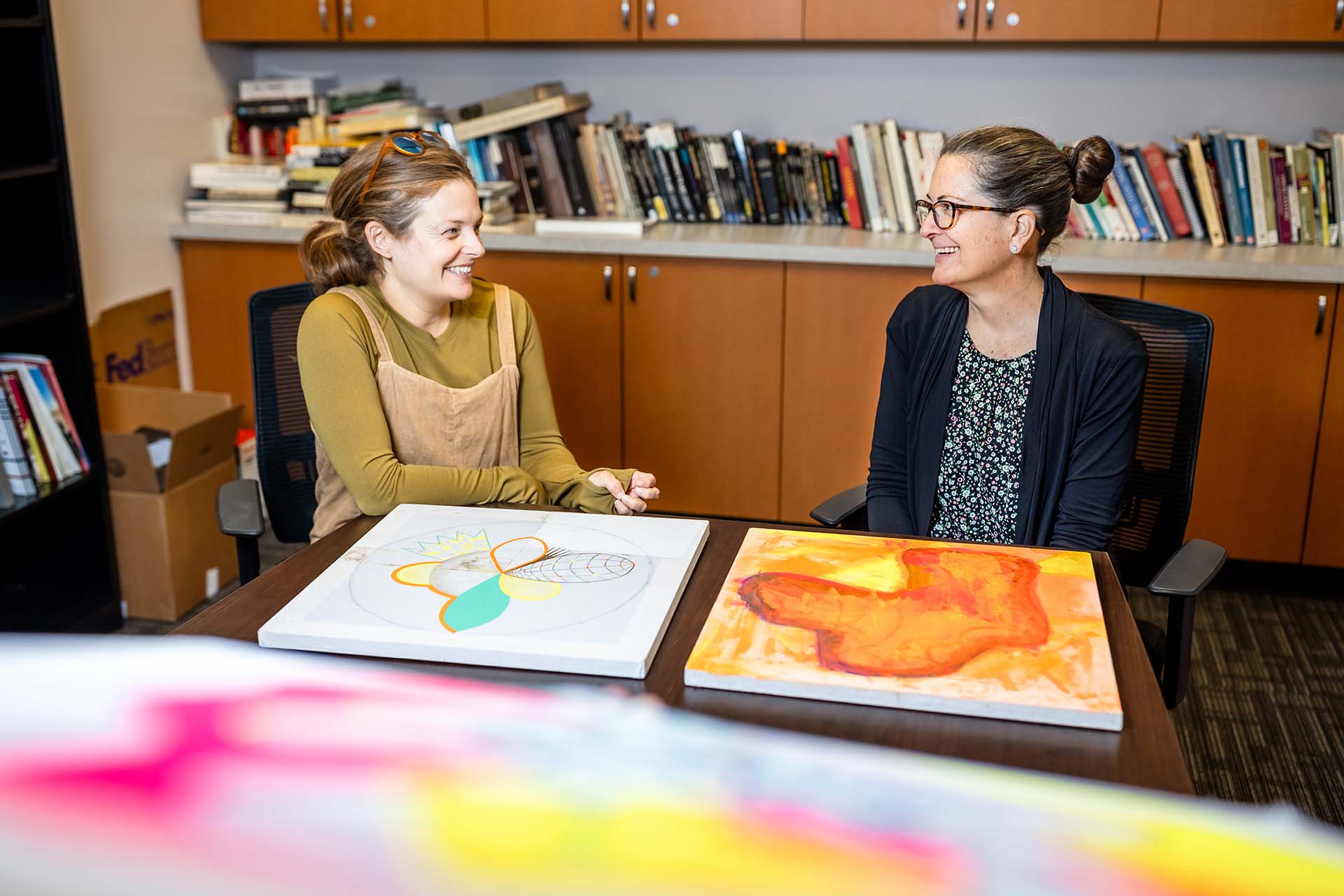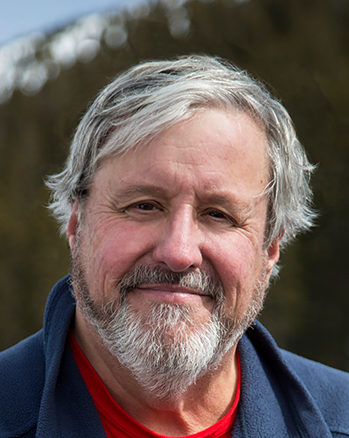‘Liquid gold’ standard
Expertise in water policy and law are more valuable than ever. Here's why an online water certificate focused on Colorado's unique laws is drawing professionals from across the country.
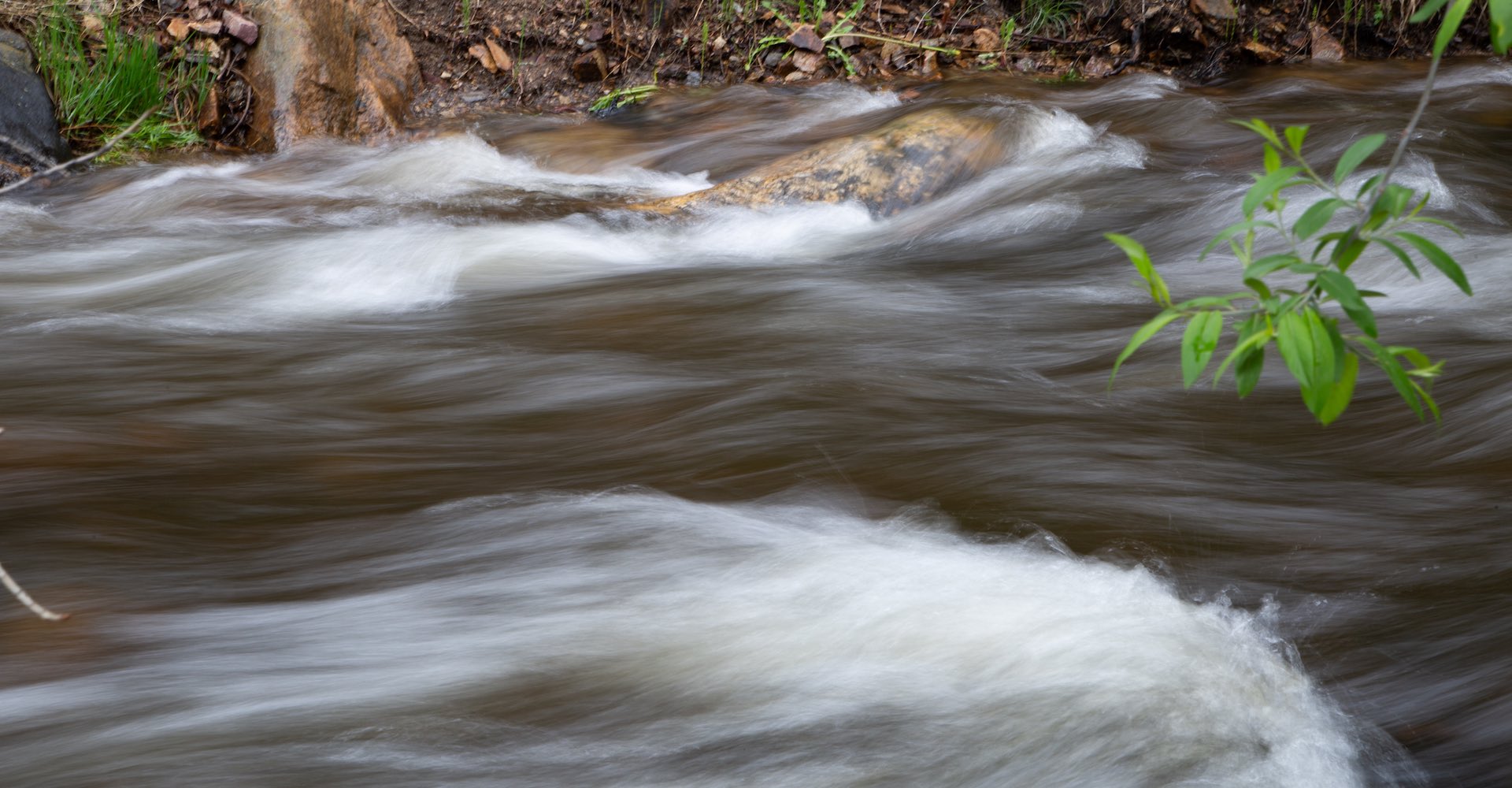
An 1859 gold rush drew scores of thousands of prospectors to what is today Colorado, where they formed mining camps along the rivers draining out of the Rocky Mountains.
The legacy of those camps isn’t just the cities and towns we know today – Denver, Boulder, Black Hawk and Georgetown all started as riverside mining camps – but also statehood in 1876 and the unique water laws enshrined in Colorado’s Constitution.
While the Eastern states based their water laws on riparian rights – a system for allocating water among those who owned land along rivers – Colorado’s water laws gave rights to the first party to divert water from a stream and use it for a beneficial use under a system known as prior appropriation.
More than 160 years after prospectors first applied prior appropriation along the banks of Cherry, Clear and Ralston Creeks, interest in the Front Range’s waterways is again piqued. But now, rather than mining precious minerals, working professionals from across the country are studying Colorado’s unique water laws through Metropolitan State University of Denver’s Water Studies Certificate, the only self-paced, online water certificate focused on the Rocky Mountain West.
“Demand for freshwater in our expanding population and warming world makes water the new liquid gold,” said Tom Cech, co-director of MSU Denver’s One World One Water Center. “That makes expertise in water policy and law more valuable than ever.”
The certificate launched in 2017 and is designed to be flexible and accessible to professionals in myriad fields because it can be completed in an online environment, Cech said.
“People take these courses from every industry imaginable,” he said. “From brewing, agriculture, history, law, political sciences, sociology and many more professions and academic backgrounds.”
The certificate has also drawn interest from people on water commissions, government officials and municipalities across the West because laws in Colorado impact users downstream.

Castle Rock Water Commissioner Amy Blackwell earned the certificate to gain a firmer grasp on water law and issues at the state and national levels. Incoming commissioners receive an orientation on community and regional water operations, but the larger context is critical, she said.
“The water-studies program provides a deep dive on (state and national issues) and is a valuable resource,” she said.
Among the classes offered is the Colorado Water History course taught by MSU Denver Professor Matt Makley, Ph.D. It examines water in relation to the people who have lived here and how Colorado’s prior-appropriation laws came to be in their current form.
“Water is the topic for our time, for where we are in the human experience,” he said.
The online certificate is offered through MSU Denver’s Innovative and Lifelong Learning to meet growing demand for noncredit credentials in the water field. It’s aimed at professionals who want to increase their skill set and marketability in changing and challenging times, said Marketing Manager Kerra Jones.
Another driver of enrollment, she said, is the need for knowledge of water law and policy amid changes wrought by climate change.
“Climate change will significantly impact our freshwater resources throughout the world,” Jones said. “In the American West, over 40 million people depend on the Colorado River. Water is a finite resource in a changing world with an ever-growing population.”
While the certificate is designed for online learning, Nona Shipman, Hope Bartlett and Jennifer Riley-Chetwynd of the OWOW Center have expanded video learning to new levels in the wake of closures caused by the global coronavirus pandemic. In March, the OWOW Center launched TomTalks YouTube videos where Colorado water issues are discussed to keep the water community connected with OWOW activities.
This program includes conversations with water professionals, MSU Denver faculty members and international partners. It’s a way to continue the important water conversations of our time. Numerous outside groups have picked up the TomTalks to expand the reach of the new outreach effort.
All of these activities, with partners from all over the world, are again converging on Colorado, but instead of gold, our new collaborators are seeking water knowledge, a legacy that has been expanding since the initial gold rush of 1859. MSU Denver’s history, with its location on the Auraria Campus and the creation of the One World One Water Center, continues the legacy of exploration and innovation in Colorado and the West.

